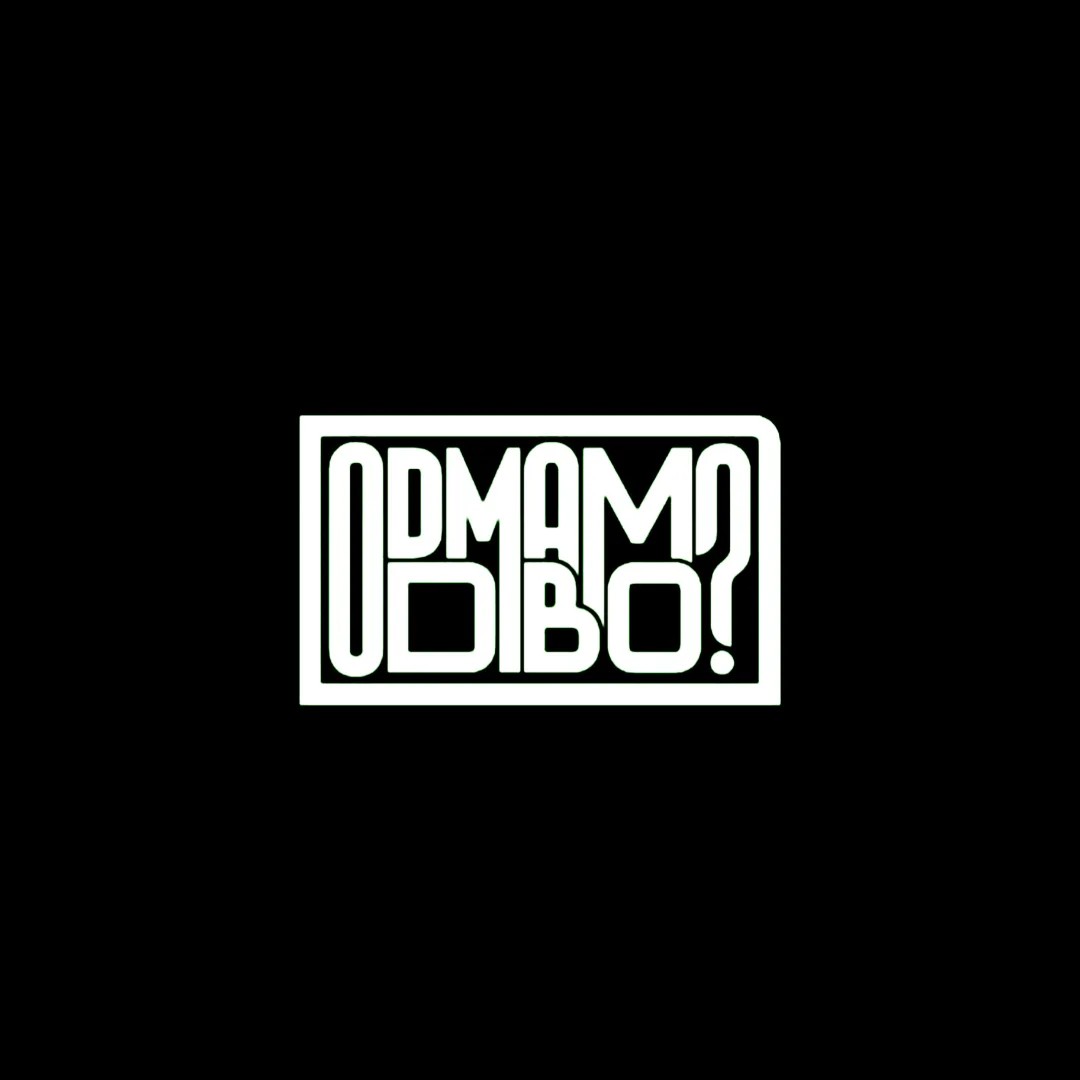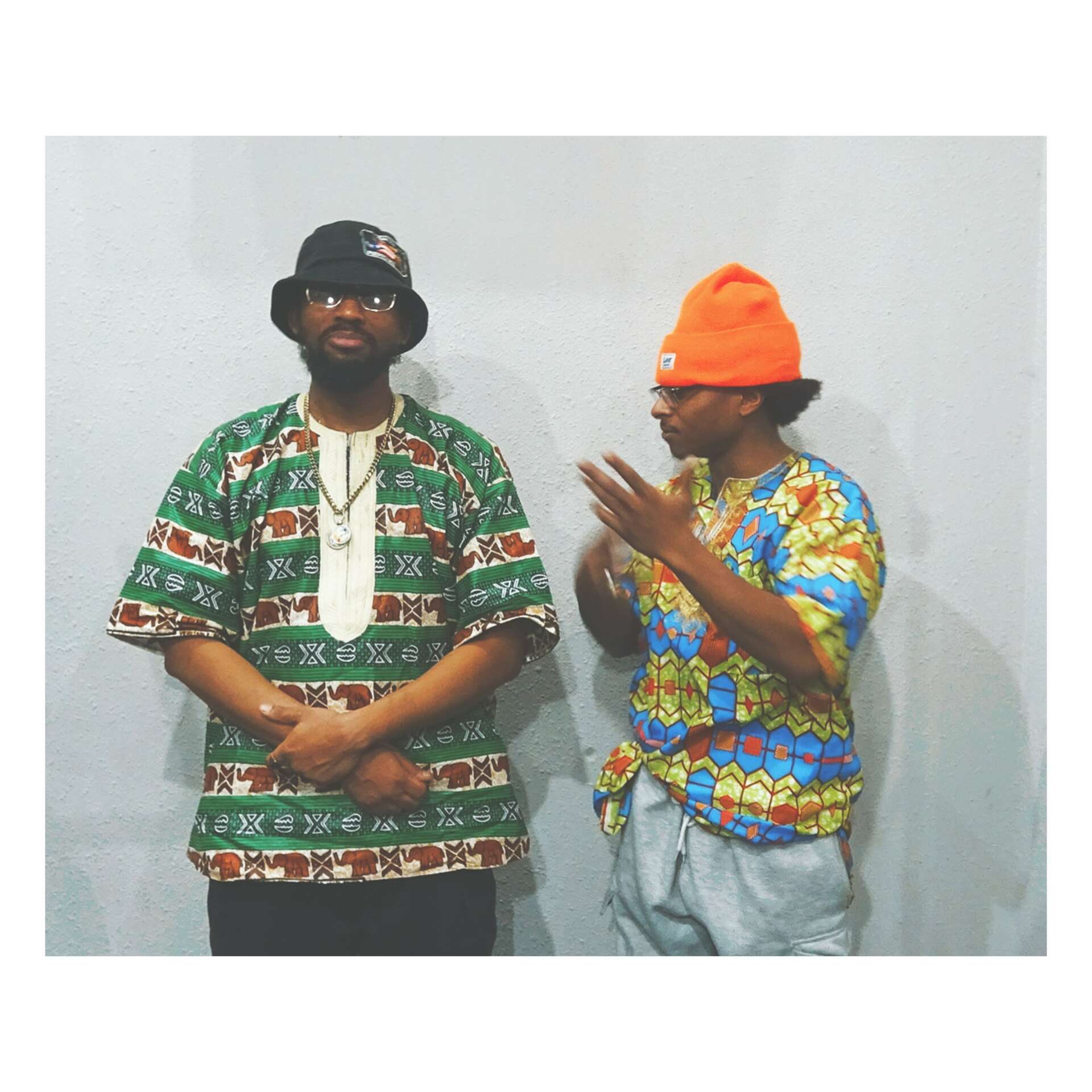We were lucky to catch up with Sean Henderson Aaron Christopher recently and have shared our conversation below.
Alright, Sean Henderson thanks for taking the time to share your stories and insights with us today. How did you learn to do what you do? Knowing what you know now, what could you have done to speed up your learning process? What skills do you think were most essential? What obstacles stood in the way of learning more?
Aaron: I remember growing up in church. My sister and I sang and danced as a part of the choirs each year and did performances. This was an early start in my journey with music, and at a young age I began reading music from the hymnals as well as sheet music. After a lot of moving around with my family, I landed (from Illinois) to South Carolina, which had been polar opposites culturally. I did join my new school’s advanced chorus class, but I eventually became quieter and quieter, naturally singing less and less. This came out of anxiety and shyness. So I fell in love with the saxophone and began my journey studying music – at a more theoretical level – in early middle school. But it wasn’t until 2002 where I’d enter my first dance competition in the summer. I lost, got a bit ridiculed, but I fell in love with it ever since. I met my first teachers of dance around the age of 14, who may not have been the best role models, but they gave me invaluable tools I use to this day.
Sean: I remember growing up and my family members were listening to music all the time. Whether they were cleaning the house, cooking, or just playing music to play music, this was the start of it all for me. So when I got older I couldn’t do anything unless music was playing in the background. If you think of it, music paints the soundtrack of our lives so we may as well have flavor with it as we maneuver through this world and life.


Awesome – so before we get into the rest of our questions, can you briefly introduce yourself to our readers.
Sean: Definitely! For starters, I’d say I have an unhealthy relationship with music and vinyl records, ha ha!
Normally, when I wake up I turn my record player on first, then make coffee, breakfast, brush my teeth and jam a record before I leave the house to go to work. I got into DJ’ing mainly because I felt there was a need for a different approach to it than I’m used to seeing. So one day I was like “well, I have a ton of records – listen to music from the time I wake up until I go to bed – so maybe I can really do this.”
I feel in this current generation/era we tend to focus on what’s popular and trending. Because of that we tend to hear the same songs. My approach, more so, is to play things people don’t hear often as well as play songs from unknown artists so it’s fresh to the ears. If you eat steak and potatoes for weeks and months it can become stale and monotonous. If someone introduces some dish from a different country you’ve never been to then it’s refreshing (just using food as an analogy but you get my drift!).
I’m most proud of dancers who’ve come up to me saying a song, or multiple songs I played, was different and something they’ve never heard (and that they loved it!). I love that reception from people. The satisfaction I get from people enjoying the music is parallel to a chef cooking a meal and they can see the enjoyment on peoples faces who are eating their cooking. I love that feeling. Basically, I’m in the kitchen cooking (DJ’ing). So please, sit at the table! I promise, whatever I bring to it you’ll enjoy it!
Aaron: I really got into dance seriously back in high school. I remember joining a Popping crew. This was the start of street dance life, which eventually led me to meeting my first dance crew (Tribe SK, initially known as “Street Kannibalz Crew”). They really opened the door for me in terms of traveling to dance. But it wasn’t a glamorous lifestyle; sometimes we didn’t eat. And sometimes when we wanted to compete out of town, if we didn’t win, we didn’t make it back home (because we were all broke and had no gas money). These initial days really gave me a lot of character, from being lost in the projects of Boston, to battling in the hoods of Atlanta.
Eventually, I moved on from street battles to the stage, and I eventually joined an on-stage theatrical circus. This was an early start to my performance life where I learned all about the ins and outs of show business (and even the dirtier aspects of it).
The circus life was also not perfect glamour, and when that ran its course (about three years of work), I decided to go solo and put a focus back on Afro-based dance, music, and expression rather than the performative, hair and makeup, tumbling and hand-balancing act I was becoming used to.
I think what Sean and I offer is a different approach to learning Afro-Latin arts (mainly salsa dance which is popular worldwide). Sean has been doing the work of great leaders as he’s sharing the rare records he’s found from all corners of the earth. It’s my personal goal to educate people on the movements that go with the music.
All too often, salsa is broken down into counts, which makes complete sense. But as a trained musician, I’ve learned that nothing is more important than listening to the music and connecting to it before learning how to play it (or perform to it). With the classes Sean and I are going to be offering soon, we’ll teach criteria that will ensure the students are learning not only the dance movement, but the music that influenced that movement early on. We’ll offer a study in the dance technique and the music history and theory as needed.
There are also many people turned off by current day salsa, and Sean and I have many ideas (and answers) to the discrepancies: more connection to people and music.


What do you find most rewarding about being a creative?
Aaron: The most rewarding thing about being an artist, for me, is being able to express myself honestly and bravely. 100%. And in turn, that connects me with people in an honest way.
Sean: The most rewarding part of being an artist is exposing people to things they thought they knew about, then show them new things on top of that (building blocks, if you will). Also, the importance of just being yourself: you are the first and only you. A lot of people try to be the next (insert famous artist). The way we think and approach this – the way we do things is unique. Nobody thinks the way you think.


How can we best help foster a strong, supportive environment for artists and creatives?
Sean: I’d say be present, show up when artists have shows/workshops etc. Everything isn’t and shouldn’t always be about money. The quality should be the focal point first. Of course, anyone would love to make a living off of their passion(s) as that’s the perfect storm, but showing up and supporting in the ways that make sense for you (whether it be monetarily or by other means). As the saying goes, the people closest to you will take you for granted and people on the other side of the world will show up because they like what you’re doing and support it.

Contact Info:
- Instagram: DJCoquiito/aaronchristopherdance/oddmambo
- Other: Website under construction!
Image Credits
Photography by: Zebadiah Badgett PearlArts (Pittsburgh, PA)


